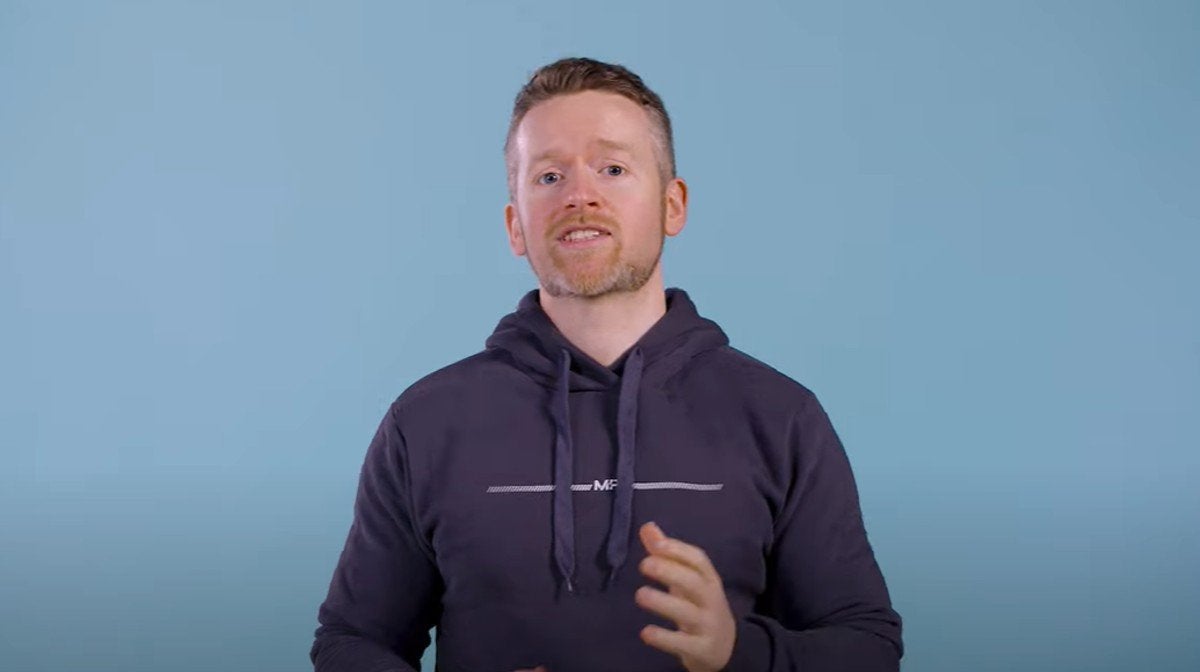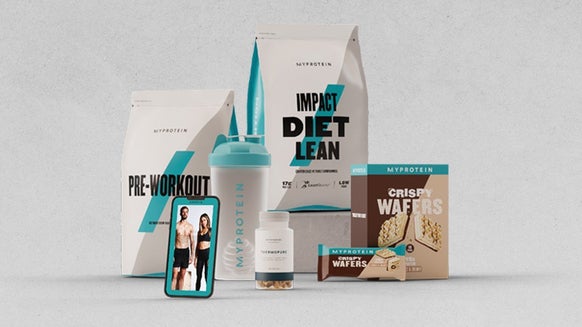Lose Weight Sustainably With A Managed Calorie Deficit

Every sustainable diet that will help you to meet your long-term weight loss goals works on one premise: you need to eat fewer calories than you expend. This is known as a calorie deficit, and it’s the key to weight loss. Although that information may not necessarily be very useful on its own.
“To lose weight you need to be in a calorie deficit.” Yeah, we get it. But how?
Luckily, nutrition expert Richie Kirwan is here once again to save the day, breaking down how to calculate a calorie deficit for weight loss.
What is it?
A calorie deficit is when you drop your calories to below your maintenance number of calories. For example, if you eat 2000 calories a day, and your weight stays the same, then 2000 calories is your maintenance number of calories. It basically means that your calories are balanced.
If you eat 1500 calories a day, but are still burning 2,000 calories a day, then you’re in a calorie deficit, and you will start to lose body fat.
While you can increase the number of calories you burn with exercise, this is rarely sustainable in the long term. Over time, your body will adjust to the extra exercise by reducing the calories it burns in other ways.
The principle is always the same: restrict a food group to reduce calories to lose weight.
- The Keto diet works because fewer carbs means fewer calories
- Vegan diets work because vegan products generally contain fewer calories
- Low-fat diets work because less fat means fewer calories
So now you know the secret to fat loss, you don’t need to try a restrictive diet to lose weight. You just need to eat fewer calories. Say it louder for the people at the back.
How do you figure out how much to eat?
Method One:
First, calculate your maintenance calories, which is how many calories you need to maintain your body weight. You do this by working out your basal metabolic rate (BMR) — the number of calories your body would burn over a normal day without considering exercise — and multiplying it by a relevant activity factor.
For men: (4.536 x weight in lbs) + (15.88 x height in inches) - (5 x age) + 5
For women: (4.536 x weight in lbs) + (15.88 x height in inches) - (5 x age) - 166
It looks long, but you can use your phone or a calculator. Easy.
Once you have your BMR, you need to multiply it by an activity factor.
| 1.1-1.2 |
Minimal exercise Sedentary lifestyle |
| 1.3-1.6 | Moderate exercise |
| 1.7-2+ | Very active/active job |
Multiply your BMR by the appropriate activity factor above. This will give you a rough idea of your total daily energy expenditure (or TDEE, if you prefer acronyms).
It's important to remember that a calorie calculator only provides you with an estimation of what you should be eating.
Method Two:
The best way to calculate your calories
- Monitor your weight
- Track your calories
- Reduce your calories by a little bit until your weight starts to go down
Reaching a plateau
After a while, the rate at which you’re losing weight will slow down, and it may eventually come to a stop altogether. This is because your metabolic rate adjusts so you don’t burn as many calories. At this point, the only thing you can do is reduce your calories further to reach a deficit again.
Take Home Message
Richie’s provided the formula— all you need to do is decide how much of a deficit you want to be in. The higher the deficit, the faster you’ll lose weight. But it will be a bit of a shock to your system. Richie is a big believer in slow and steady wins the race, reducing your calories by a little bit at a time. But it’s entirely down to what works for you.
We’ve made this sound pretty simple. We hope anyway... But in practice, losing weight is hard. Don't beat yourself up if you slip up. Make little goals you can stick to, and you’ll get there eventually.








